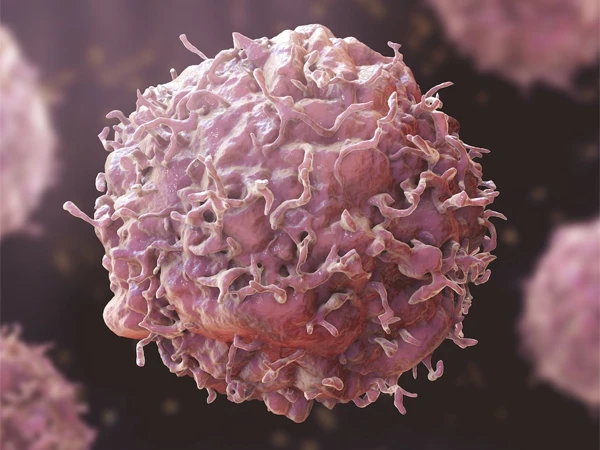WhatsApp seems to be close to getting rid of WhatsApp itself
Nuq4 الاحدث الأسئلة
-
Every year, about 74,000 babies are born with the virus that causes hepatitis C.
-
According to research, these items contain large amounts of cancer-causing chemicals.
-
The first thing I do when I wake up in the morning is put my own saliva on my face, Tamanna Bhatia
The first thing I do when I wake up in the morning is put my own saliva on my face, Tamanna Bhatia
قراءة أقل
-
News of Hansika and Sohail's separation is rapidly going viral on social media.
-
Argentina football team's tour of India in October canceled
-
This unusual incident occurred after the final match between the Pakistan champions and the South African champions.
This unusual incident occurred after the final match between the Pakistan champions and the South African champions.
قراءة أقل
-
اقدامات کا مقصد آن لائن تجارت کے بڑھتے ہوئے رجحان کے پیش نظر ٹیکس نیٹ کو وسعت دینا اور ڈیجیٹل معیشت میں شفافیت لانا ہے
اقدامات کا مقصد آن لائن تجارت کے بڑھتے ہوئے رجحان کے پیش نظر ٹیکس نیٹ کو وسعت دینا اور ڈیجیٹل معیشت میں شفافیت لانا ہے
قراءة أقل
-
آبدوز کا ناقص ڈیزائن اورکمپنی میں ناپید احتساب اور غیر منظم رویہ 5 افرادکی موت کی وجہ بنی، امریکی کوسٹ گارڈکی رپورٹ
قراءة أقل آبدوز کا ناقص ڈیزائن اورکمپنی میں ناپید احتساب اور غیر منظم رویہ 5 افرادکی موت کی وجہ بنی، امریکی کوسٹ گارڈکی رپورٹ
آبدوز کا ناقص ڈیزائن اورکمپنی میں ناپید احتساب اور غیر منظم رویہ 5 افرادکی موت کی وجہ بنی، امریکی کوسٹ گارڈکی رپورٹ









 آبدوز کا ناقص ڈیزائن اورکمپنی میں ناپید احتساب اور غیر منظم رویہ 5 افرادکی موت کی وجہ بنی، امریکی کوسٹ گارڈکی رپورٹ
آبدوز کا ناقص ڈیزائن اورکمپنی میں ناپید احتساب اور غیر منظم رویہ 5 افرادکی موت کی وجہ بنی، امریکی کوسٹ گارڈکی رپورٹ
This tool analyzes the brain's surface area, gray matter volume, and the size of specific areas associated with memory, such as the hippocampus.ا
This tool analyzes the brain’s surface area, gray matter volume, and the size of specific areas associated with memory, such as the hippocampus. ا
ا
قراءة أقل